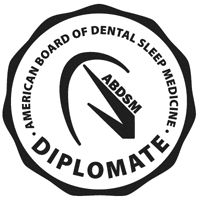Tips to Ensure Sound Sleep
Do you suffer from one of the many possible sleep disorders in Alabaster, AL? If so, you should know that professional help is available. Sound sleep is essential to overall health and well-being. Unless you simply have insomnia once or twice a year, you should always treat sleep disorders with seriousness. Not taking this part of your health seriously can result in unwanted ramifications. Here are some tips to help ensure sound sleep.
Keep a Sleep Schedule
It may surprise you to know that many people don’t need an alarm clock to wake up on time. Your circadian rhythm is an internal clock that can keep you on schedule–including ensuring that you fall asleep easily–but you have to give it a little bit of help. One way to help is by going to bed simultaneously each night. Choose a time that gives you a full eight hours before waking. After a week or more, you may actually find that you fall asleep much easier and wake automatically at the right time each morning!
Don’t Lounge in Bed
There’s a psychological component to sleep. You can train your brain to get sleepy when you get into bed. This involves not lounging around in bed during the day when you’re not planning to sleep or have intimacy with your partner. Save the bed for sleeping and intimate activities. Then, when you go to bed each night, you may fall asleep much more easily.
Get Treatment For Sleep Disorders
If you or your partner have a snoring problem or sleep apnea, getting treatment is important. These sleep disorders are very disruptive to both the person with the condition and their partner. Treatment is very simple, and it’s worth seeing a sleep professional to finally get the sound sleep you’ve been lacking. Bruxism is another type of sleep disorder that may not be disruptive, but it is harmful to your teeth and jaw, so treatment is just as essential as for other sleep disorders.
Everyone deserves to be able to get to sleep and stay asleep for as long as they need. Contact your sleep professionals in Alabaster, AL for diagnosis and treatment.







Leave a Reply
Want to join the discussion?Feel free to contribute!